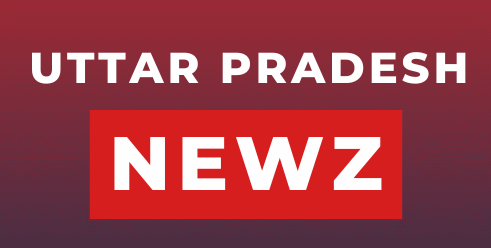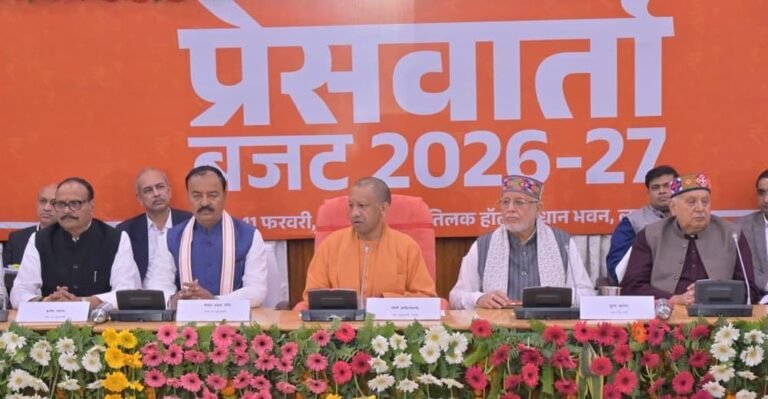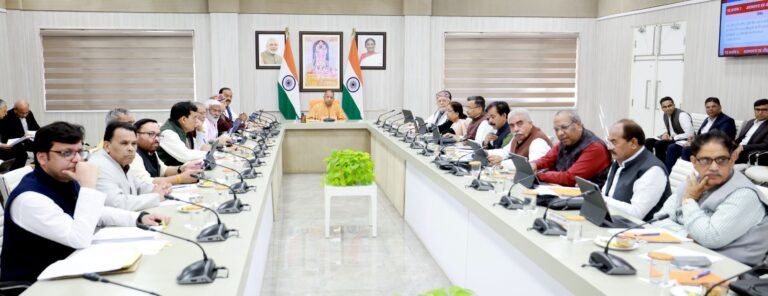
Varanasi – A heartbreaking situation is unfolding in Varanasi, where 88 children diagnosed with congenital heart defects, commonly known as holes in the heart, are facing a six-month waiting period for life-saving treatment. The delay, caused by a shortage of specialized facilities and overwhelmed hospitals, has left families in distress and innocent kids in pain. Here’s the latest on this crisis, with updates as the situation develops.
A Growing Health Crisis
Congenital heart defects, such as ventricular septal defects (VSD) and atrial septal defects (ASD), occur when a baby’s heart develops abnormally before birth, often leaving a hole in the heart’s walls. In Varanasi, children with these conditions are struggling to get timely care. According to local reports, the city’s government hospitals, including the Banaras Hindu University (BHU) Medical College, are grappling with a backlog of cases. The wait for critical surgeries can stretch up to six months, a delay that can worsen symptoms and, in severe cases, prove fatal.
Parents describe the ordeal as agonizing. “My daughter is only three years old, and she gets tired so quickly,” said a mother. “The doctors say she needs surgery for a hole in her heart, but we’ve been told to wait six months. How can we watch her suffer?” Symptoms like difficulty breathing, frequent infections, and failure to gain weight are common among these children, making the delay in treatment even more critical.
Why the Delay?
The primary issue is the lack of specialized pediatric cardiologists and cardiac surgeons in Varanasi. While BHU’s Sir Sunderlal Hospital is a key medical hub, it is overwhelmed by the volume of patients. Private hospitals, which offer faster treatment, are unaffordable for most families, with surgery costs ranging from ₹3 to ₹4 lakh. Government schemes like the Ayushman Bharat Yojana cover some procedures, but the long waiting lists at public facilities mean children often wait months for surgery.
A local doctor, speaking anonymously, explained, “We have the expertise, but not enough staff or equipment to handle the demand. Many children need urgent surgery, but we can only do so many cases at a time.” The situation is worsened by the fact that early intervention is critical for congenital heart defects. If untreated, large holes can lead to complications like Eisenmenger syndrome, where oxygen-poor blood flow causes permanent damage.
Stories of Struggle
The human toll of this crisis is evident in the stories of affected families. Rajesh, a daily wage worker, shared that his six-month-old son, diagnosed with a VSD, struggles to breathe and barely gains weight. “We can’t afford a private hospital, and the wait at BHU feels endless,” he said. “Every day, we worry we might lose him.” Similarly, 10-year-old from Jaunpur has been waiting for surgery since January. Her mother, Meena, said, “She used to love playing, but now she’s always tired. It breaks my heart.”
A Call for Action
The situation in Varanasi underscores a broader issue across India, where congenital heart defects affect thousands of children annually, yet access to timely treatment remains limited. Experts urge the government to invest in more pediatric cardiac centers and train specialists to address the gap. Early surgery can save these kids and let them live normal lives.
For now, families in Varanasi are left hoping for quicker solutions, clinging to the promise of surgery for their children. As one parent put it, “We just want our kids to be healthy and happy. That’s all we ask.”



